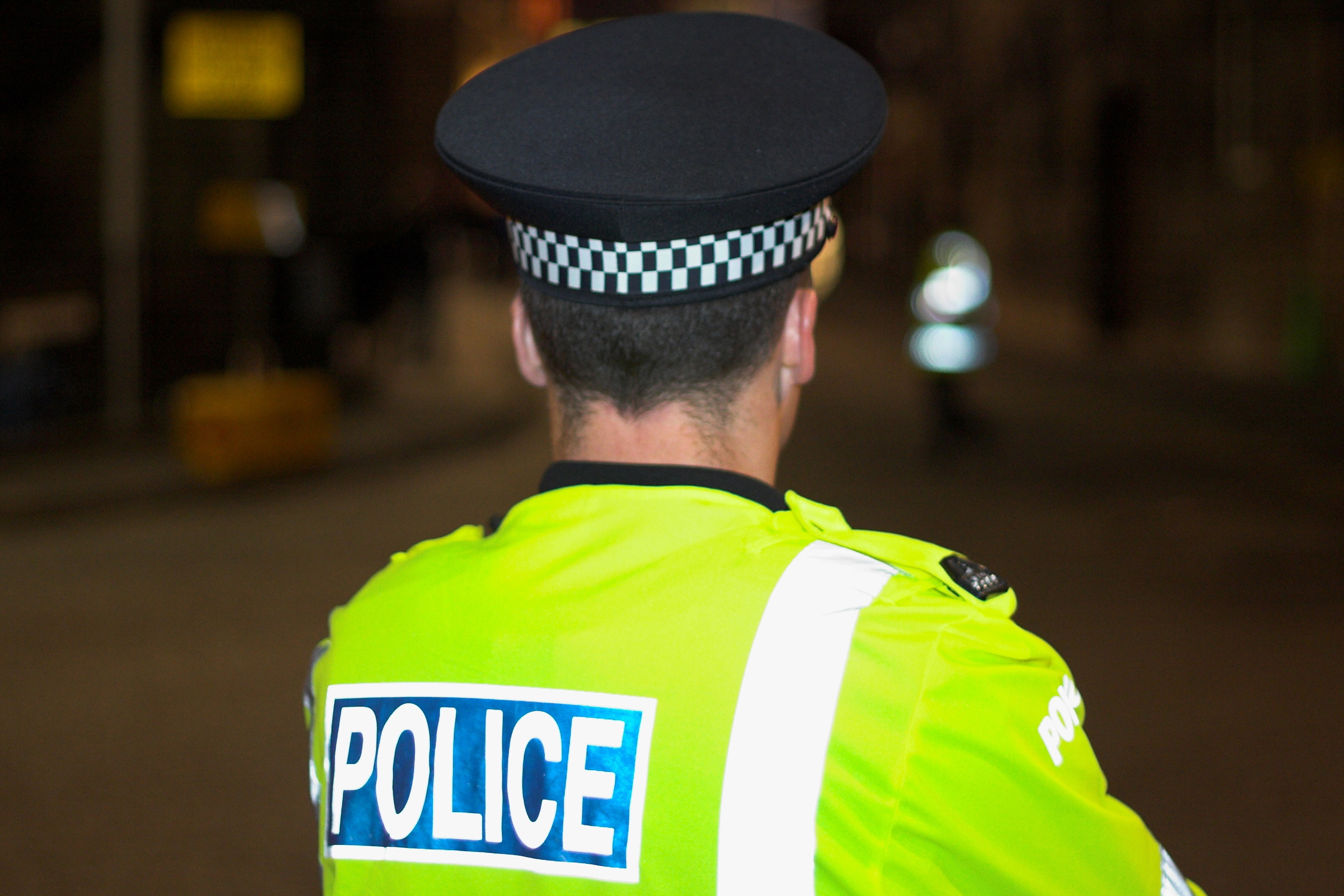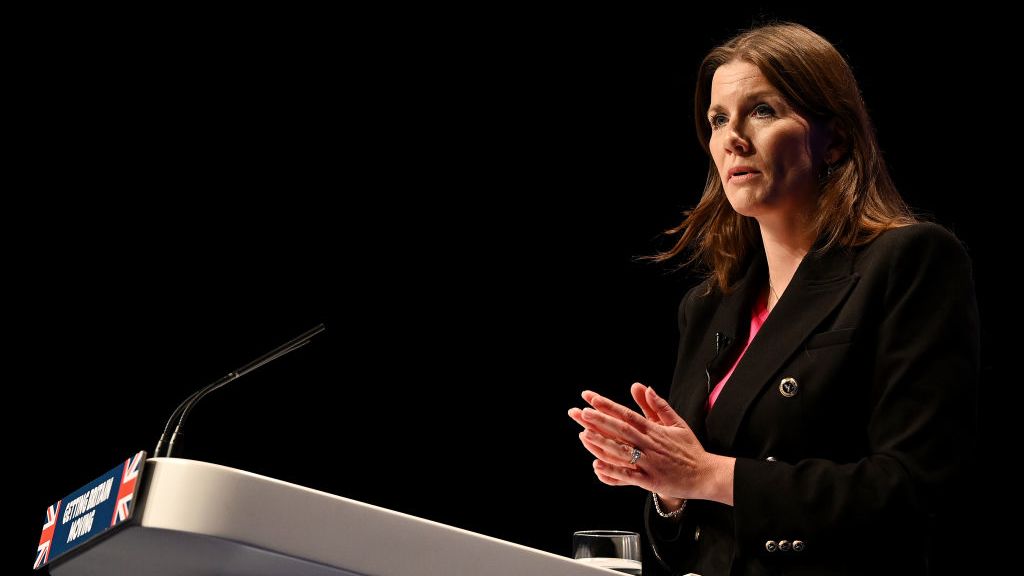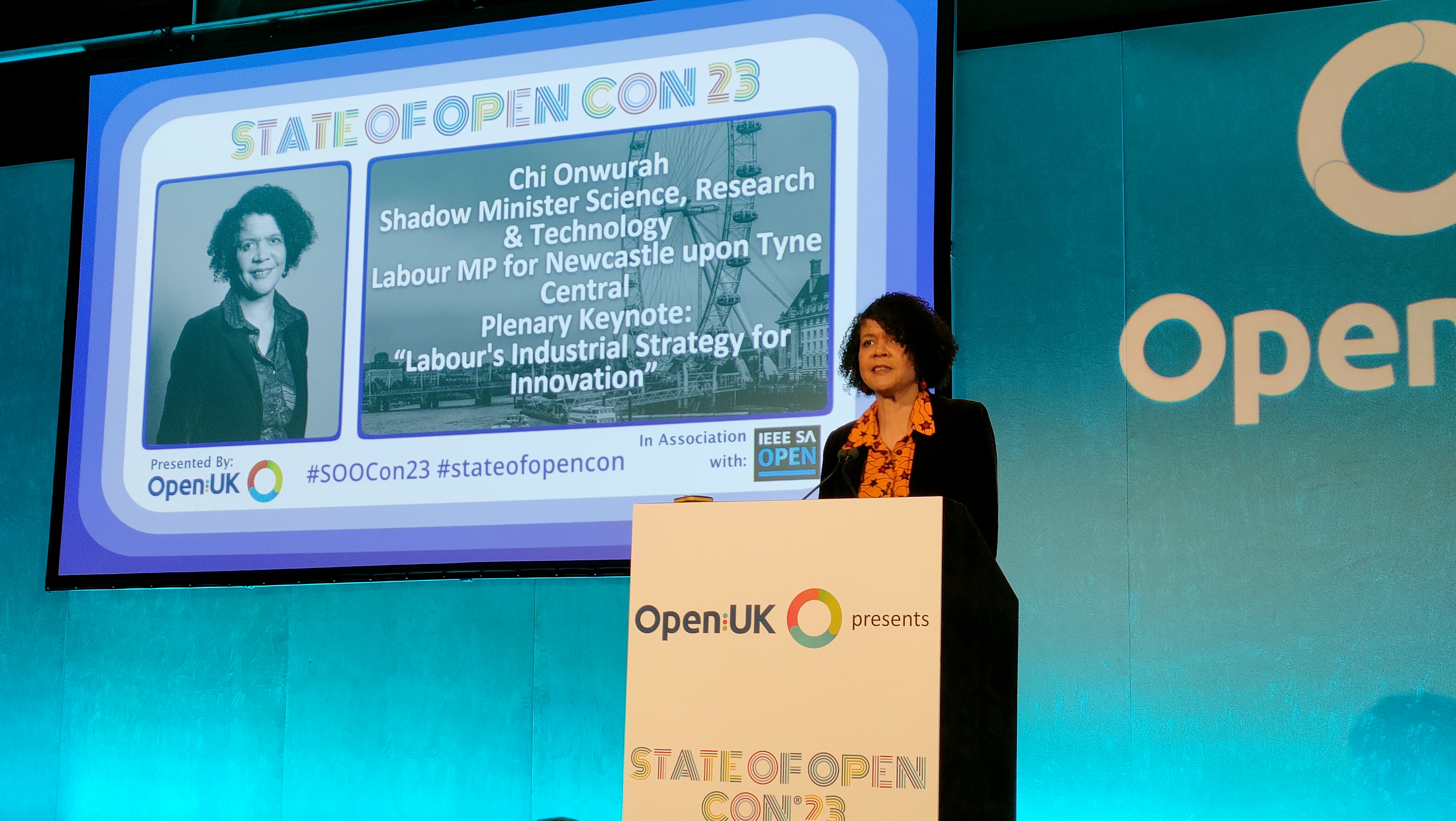Police need biometric technology regulation
Biometric technology is readily available for law enforcement, but a police director has said that regulation and public debate is needed.

Biometric technology is readily available and of great value to the police, but they need to be accountable and transparent for the public to be on their side when it comes to using it.
That's the view of Ian Readhead, director of information for the Association of Chief Police Officers (ACPO).
Concerned with how the community perceives the police, Readhead said he was keen to see independent regulation and scrutiny about the way police were conducting themselves, so that new technology was used in a balanced way and properly governed.
The police are already rolling out mobile biometric scanners nationwide to read fingerprints.
Readhead also said there was a "huge" debate to be had about other such abilities, such as collecting DNA as a biometric identifier.
He said it would present the government with a difficult dilemma: "We've given the police a power to take DNA from individuals if they commit and record an offence," he said.
"The important word is commit - they aren't charged or convicted. We've got four and half million records now, and many of those people have never been found guilty of any offence."
Get the ITPro daily newsletter
Sign up today and you will receive a free copy of our Future Focus 2025 report - the leading guidance on AI, cybersecurity and other IT challenges as per 700+ senior executives
Readhead said it was important to ask - and have answered - the question of how long the police had a right to retain samples, and whether such samples should indeed be destroyed.
He went on to say that the House of Lords had no problem with keeping samples, but in Europe "22 judges" had a major problem with it.
Toby Stevens, director of the Enterprise Privacy Group, was in agreement and said that the UK was very concerned about privacy.
He said there were some "fantastic" biometric technologies available, but was concerned that they were being used in the wrong way.
Stevens said that technology was being used to identify people from a crowd rather than asking people if they could produce a credential - two very different applications.
"I would be hugely welcoming of being able to use a fingerprint in a shop to buy myself something with a credit card. That's no problem at all," he said.
"What I would be very worried about would be walking into a shop, with a camera taking a photo of my face and saying we are 99.86 per cent sure that you're linked to this bank account."
Stevens said there needed to be a far greater debate over the use of biometric technology for identification as opposed to authentication.
Click here to read about the potential uses of biometric technology in the workplace.
-
 Cleo attack victim list grows as Hertz confirms customer data stolen
Cleo attack victim list grows as Hertz confirms customer data stolenNews Hertz has confirmed it suffered a data breach as a result of the Cleo zero-day vulnerability in late 2024, with the car rental giant warning that customer data was stolen.
By Ross Kelly
-
 Lateral moves in tech: Why leaders should support employee mobility
Lateral moves in tech: Why leaders should support employee mobilityIn-depth Encouraging staff to switch roles can have long-term benefits for skills in the tech sector
By Keri Allan
-
 UK financial services firms are scrambling to comply with DORA regulations
UK financial services firms are scrambling to comply with DORA regulationsNews Lack of prioritization and tight implementation schedules mean many aren’t compliant
By Emma Woollacott
-
 What the US-China chip war means for the tech industry
What the US-China chip war means for the tech industryIn-depth With China and the West at loggerheads over semiconductors, how will this conflict reshape the tech supply chain?
By James O'Malley
-
 Former TSB CIO fined £81,000 for botched IT migration
Former TSB CIO fined £81,000 for botched IT migrationNews It’s the first penalty imposed on an individual involved in the infamous migration project
By Ross Kelly
-
 Microsoft, AWS face CMA probe amid competition concerns
Microsoft, AWS face CMA probe amid competition concernsNews UK businesses could face higher fees and limited options due to hyperscaler dominance of the cloud market
By Ross Kelly
-
 Online Safety Bill: Why is Ofcom being thrown under the bus?
Online Safety Bill: Why is Ofcom being thrown under the bus?Opinion The UK government has handed Ofcom an impossible mission, with the thinly spread regulator being set up to fail
By Barry Collins
-
 Can regulation shape cryptocurrencies into useful business assets?
Can regulation shape cryptocurrencies into useful business assets?In-depth Although the likes of Bitcoin may never stabilise, legitimising the crypto market could, in turn, pave the way for more widespread blockchain adoption
By Elliot Mulley-Goodbarne
-
 UK gov urged to ease "tremendous" and 'unfair' costs placed on mobile network operators
UK gov urged to ease "tremendous" and 'unfair' costs placed on mobile network operatorsNews Annual licence fees, Huawei removal costs, and social media network usage were all highlighted as detrimental to telco success
By Rory Bathgate
-
 Labour plans overhaul of government's 'anti-innovation' approach to tech regulation
Labour plans overhaul of government's 'anti-innovation' approach to tech regulationNews Labour's shadow innovation minister blasts successive governments' "wholly inadequate" and "wrong-headed" approach to regulation
By Keumars Afifi-Sabet